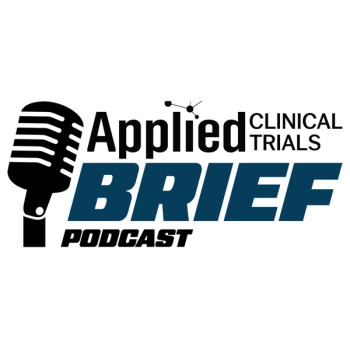
New Data Links Certification to Greater Clinical Research Site Profitability
Groundbreaking site benchmarking data proves that sites with more staff certified are more profitable than those with fewer staff certified.
Groundbreaking site benchmarking data proves that sites with more staff certified are more profitable than those with fewer staff certified.
“This data validates that investing in ACRP Certification of site staff will attract more studies and lead to greater site profitability,” says James D. Thomasell, Executive Director of ACRP. “This is definitive data on how ACRP Certification positively impacts performance at the site level.”
Data shows that:
· Clinical trial sites with greater numbers of certified staff initiated three times as many trials (20.9 on average) as those with fewer certified staff (6.9) in 2013;
· Clinical trial sites with greater numbers of certified staff averaged $1.6 million in study grants invoiced in 2013, versus $466,000 for sites with fewer certified staff; and
· Clinical trial sites with greater numbers of certified staff reported greater operating profit (18.2%) than those with fewer certified staff (13.9%) in 2013.
This data, which is the result of a joint site survey conducted by ACRP and CenterWatch, a leading provider of clinical trials information, was announced this weekend as part of the inaugural ACRP Site Strategy Forum in San Antonio, Texas, as part of the ACRP 2014 Global Conference & Exhibition.
“We included certification as a component of the site survey in order to establish a benchmark for sites and can now confirm a direct and significant correlation between certification and site performance,” says Kenneth Getz, Founder and Owner of CenterWatch and Director of Sponsored Research Programs for the Center for the Study of Drug Development at the Tufts University School of Medicine.
“I am so pleased that CenterWatch and ACRP collaborated on the site operations survey as part of our overall partnership,” says Joan A. Chambers, COO of CenterWatch, “and are able to provide survey results relating not only to certification, but to risk based monitoring and overall site operations.”
Final benchmarking data will be available mid-summer 2014.
Newsletter
Stay current in clinical research with Applied Clinical Trials, providing expert insights, regulatory updates, and practical strategies for successful clinical trial design and execution.




